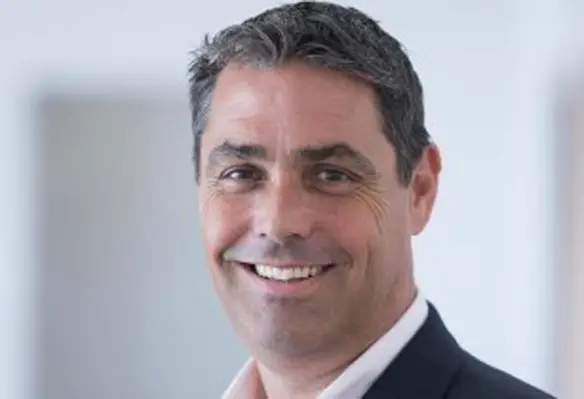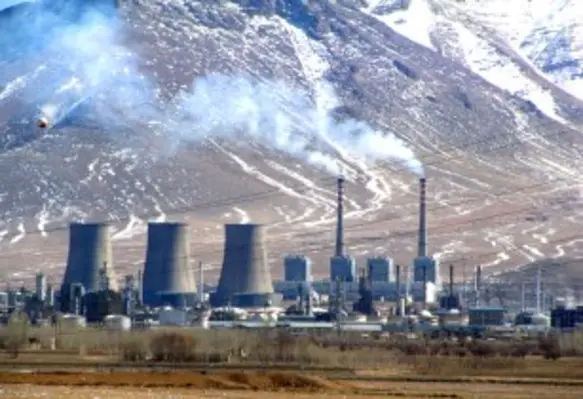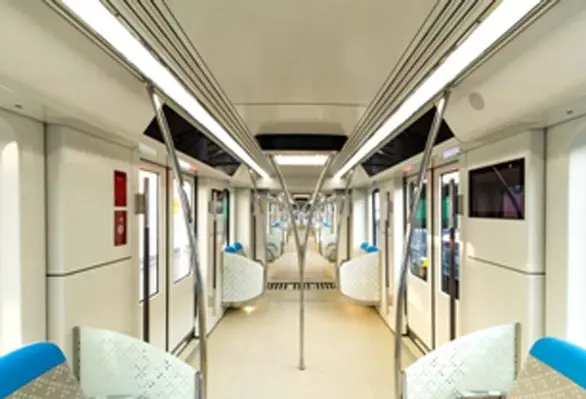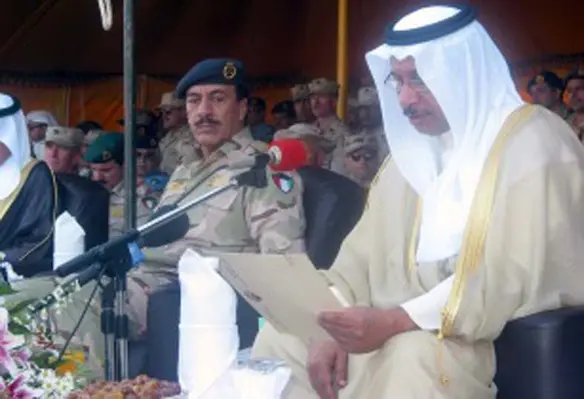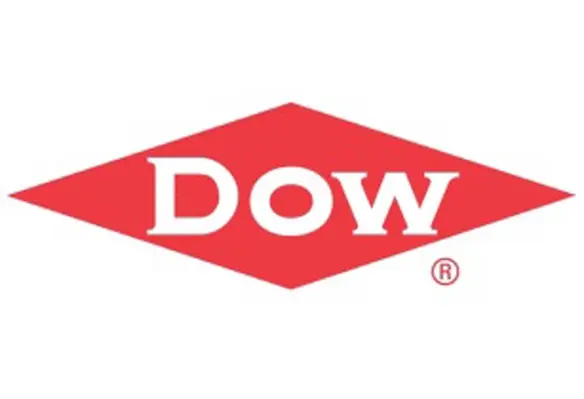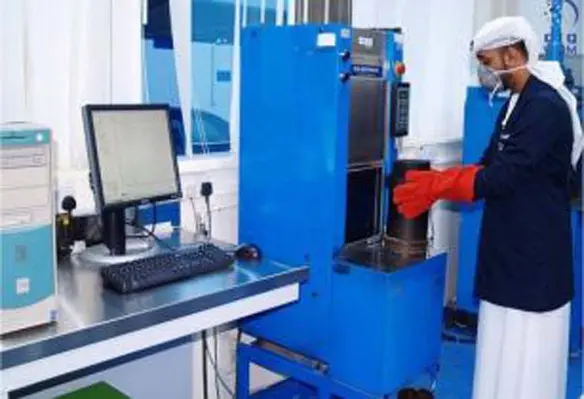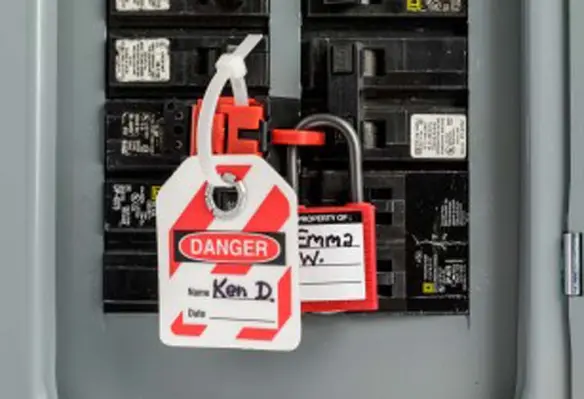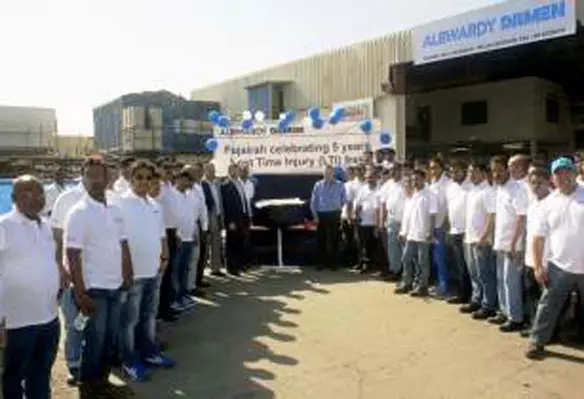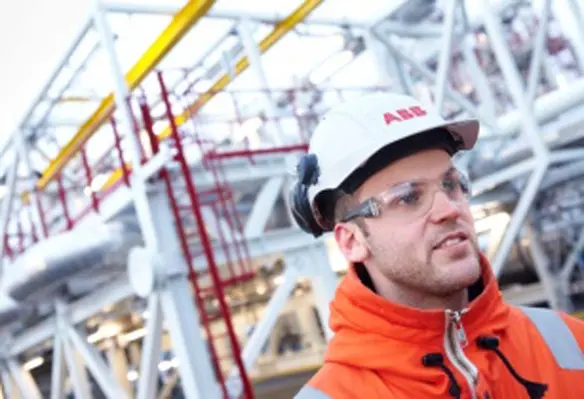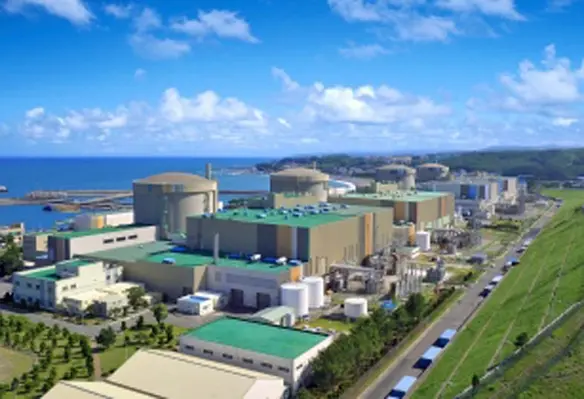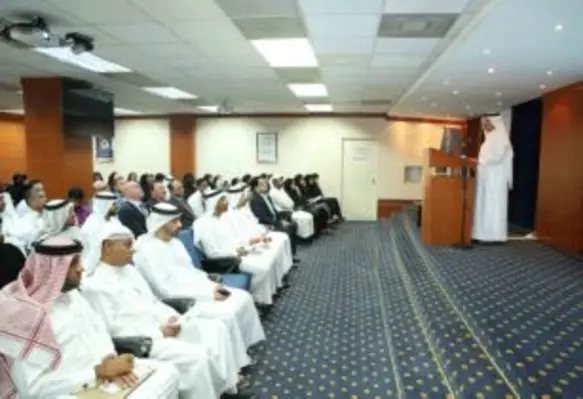Industrial
Industrial
- Details
- Kestell Duxbury
- Industrial
- Topic: Industrial
- Date: 27 February, 2017
- Year: 2017
Al Naboodah Group Enterprises (ANGE) has appointed Rob Munn to general manager of health, safety, environment and quality to help achieve the zero injuries target by 2020
- Details
- Kestell Duxbury
- Industrial
- Topic: Industrial
- Date: 13 February, 2017
- Year: 2017
A new on-demand wireless ribbon lighting system, designed to revolutionise diver safety and efficiency in remote subsea locations has been launched following a collaboration between award-winning Scottish technology companies WFS Technologies Ltd and PhotoSynergy Ltd (PSL)
- Details
- Kestell Duxbury
- Industrial
- Topic: Industrial
- Date: 8 February, 2017
- Year: 2017
Control Risks is an independent, global risk consultancy specialising in helping organisations manage political, integrity and security risks in complex and hostile environments and its RiskMap 2017 outlines the year ahead for the Middle East region
- Details
- Kestell Duxbury
- Industrial
- Topic: Industrial
- Date: 1 February, 2017
- Year: 2017
Parsons, a technology-driven engineering services firm with more than 70 years experience in engineering, construction, technical, and professional services industries have announced that the Riyadh Metro project in Saudi Arabia has exceeded 3mn safe work hours
- Details
- Kestell Duxbury
- Industrial
- Topic: Industrial
- Date: 19 January, 2017
- Year: 2017
Oliver Wyman report says self-reliance and home-grown defence capabilities now needed
- Details
- Kestell Duxbury
- Industrial
- Topic: Industrial
- Date: 18 January, 2017
- Year: 2017
As Dow participate in customs security programs, Dows entities that are operating in Jebel Ali Free Zone (JAFZA) have been awarded the Authorised Economic Operator certification from Dubai Customs
- Details
- Kestell Duxbury
- Industrial
- Topic: Industrial
- Date: 10 January, 2017
- Year: 2017
It was announced on 4 January 2017 that a scientific laboratory in Dubai will commence with a quality control and monitoring programme to ensure that new road and building projects comply with the laws and practices of the United Arab Emirates
- Details
- Vani Venugopal
- Industrial
- Topic: Industrial
- Date: 9 January, 2017
- Year: 2017
The unique TAGLOCK lockout solution enables operators, mechanical engineers, maintenance and safety personnel to quickly and easily lock out electrical circuits in order to prevent accidental engagement while maintenance is ongoing.
- Details
- Rhonita Patnaik
- Industrial
- Topic: Industrial
- Date: 6 January, 2017
- Year: 2017
In the last week of December 2016, the Fujairah yard of Albwardy Damen celebrated five years without a single lost time incident (LTI)
- Details
- Kestell Duxbury
- Industrial
- Topic: Industrial
- Date: 29 December, 2016
An ABB white papaer has been launched which raises concerns over organisational silos increasing the risk of major accident hazards
- Details
- Kestell Duxbury
- Industrial
- Topic: Industrial
- Date: 25 December, 2016
Kingdom of Saudi Arabia (KSA) sent around 40 technical personnel to South Korea for training in nuclear safety, safety regulations and technical know-home
- Details
- Kestell Duxbury
- Industrial
- Topic: Industrial
- Date: 12 December, 2016
HE Saeed Mohammed Al Tayer, CEO of Dubai electricity and Water Authority (DEWA) opened Health and Safety Week which will take place 12 - 15 December 2016 across all DEWA branches in order to focus on best practices
